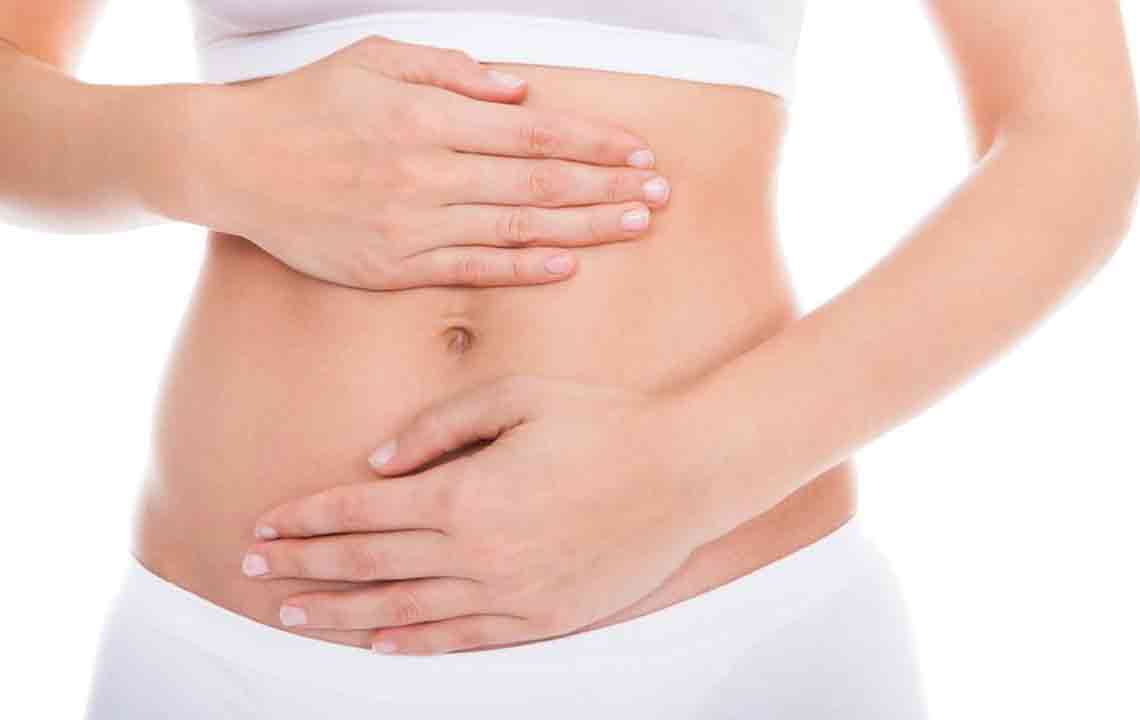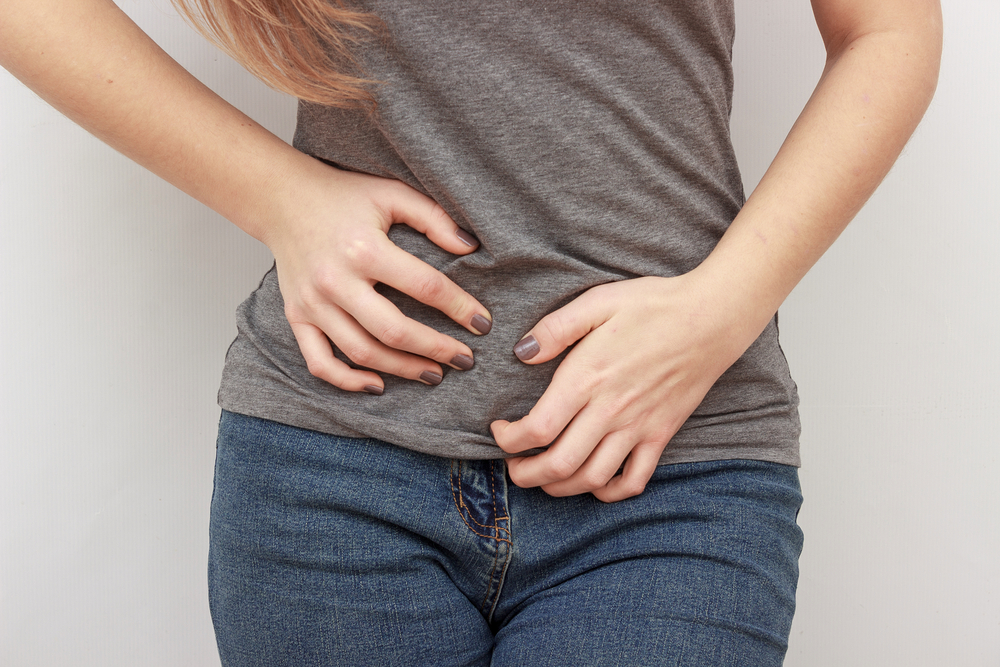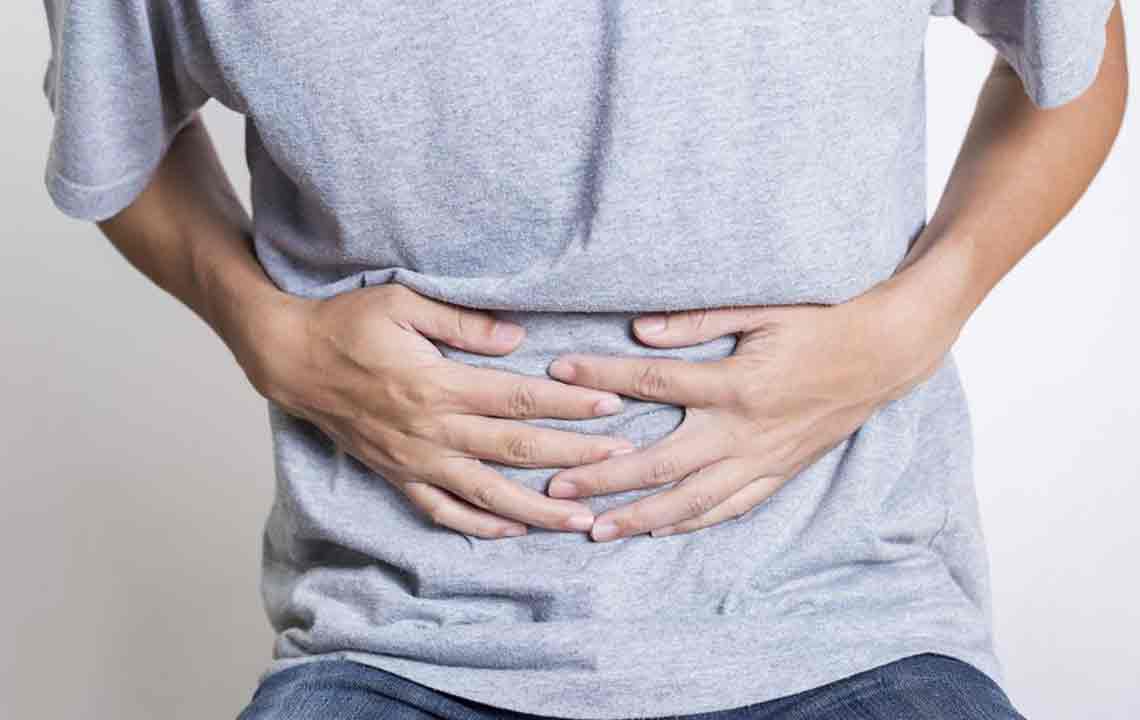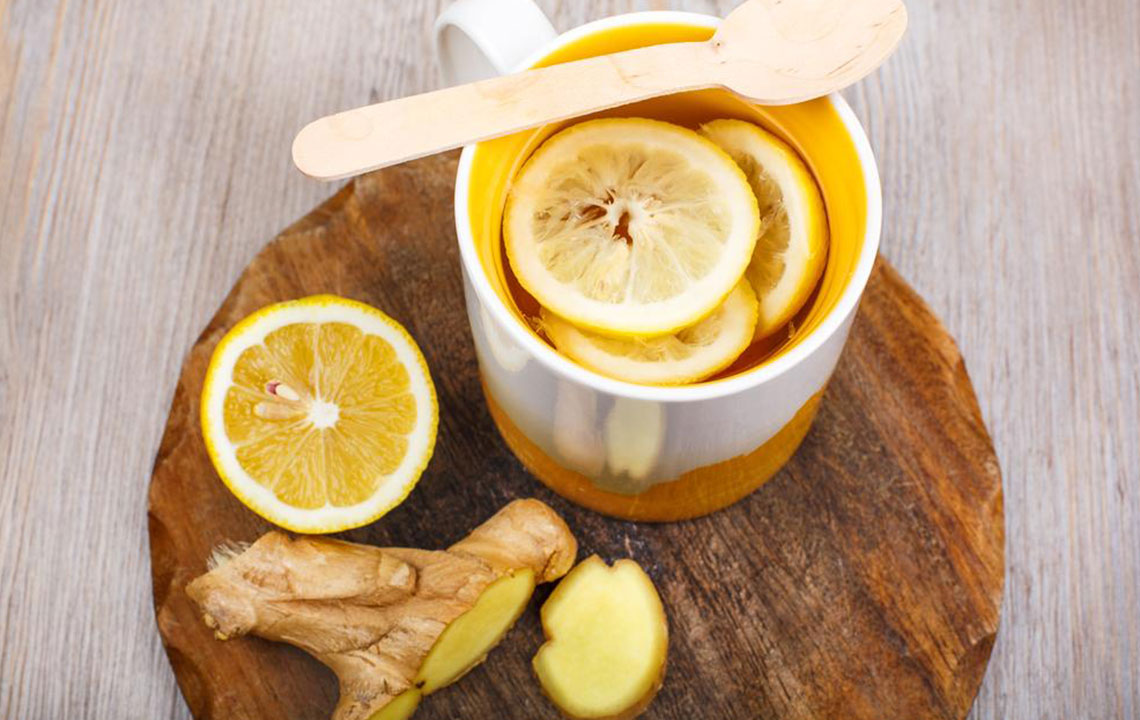Effective Strategies to Soothe and Treat Diarrhea
Learn effective methods to relieve and treat diarrhea swiftly. This guide covers symptoms, causes, dietary tips, and home remedies to manage dehydration, minimize discomfort, and accelerate recovery. Always consult healthcare professionals for persistent or severe symptoms to ensure proper care and avoid complications.

Effective Strategies to Soothe and Treat Diarrhea
Diarrhea is a common gastrointestinal condition characterized by frequent, watery stools that can cause dehydration and fatigue. It affects both children and adults, making it important to understand various remedies and prevention methods. Prompt action is essential to prevent complications and ease symptoms like stomach bloating, urgent bowel movements, weakness, and nausea. While the illness typically lasts a few days, timely interventions can accelerate recovery and reduce discomfort.
The duration is usually around two to three days, but early treatment can lessen inflammation and speed up healing.
Causes of diarrhea
Understanding what triggers diarrhea helps in prevention. Often called stomach or intestinal flu, causes include:
Viruses such as Norovirus or Rotavirus
Bacterial infections like Salmonella, Campylobacter, Shigella, and E. coli
Parasitic infections
Irritable Bowel Syndrome (IBS)
Inflammatory Bowel Disease (IBD)
Malabsorption syndromes
Food poisoning
Medication side effects
Hormonal imbalances
Cancer and persistent infections
How to alleviate diarrhea symptoms
Seeking medical advice is vital, but home remedies can offer relief, especially in mild cases. Maintaining hydration is crucial; consume sufficient water to compensate for fluid loss from watery stools. Adding a pinch of salt to food and drinks helps replenish lost electrolytes. Dietary adjustments focusing on gentle, bland foods can ease digestion. Avoid spicy or heavy foods, dairy (for a few days post-symptoms), and chewing gum with Sorbitol, which can worsen symptoms. Incorporate probiotics like yogurt or cheese for gut health support.
Foods that help manage diarrhea
The BRAT diet (Bananas, Rice, Applesauce, Toast) is effective in controlling diarrhea. Additionally, options like baked potatoes, chicken, oatmeal, and clear soups are tolerated well and support recovery. Avoid these foods to prevent aggravating symptoms:
Alcohol
Artificial sweeteners
Cabbage and cauliflower
Berries
Legumes such as beans and chickpeas
Ice cream
Coffee and caffeine products
Milk
Spicy peppers
Peas
Effective treatment relies on recognizing symptoms early and seeking professional medical care when needed. Home remedies can be helpful but should not replace consultation, especially for chronic or severe cases. Proper management and medical guidance can lead to swift recovery and prevent complications like dehydration.









